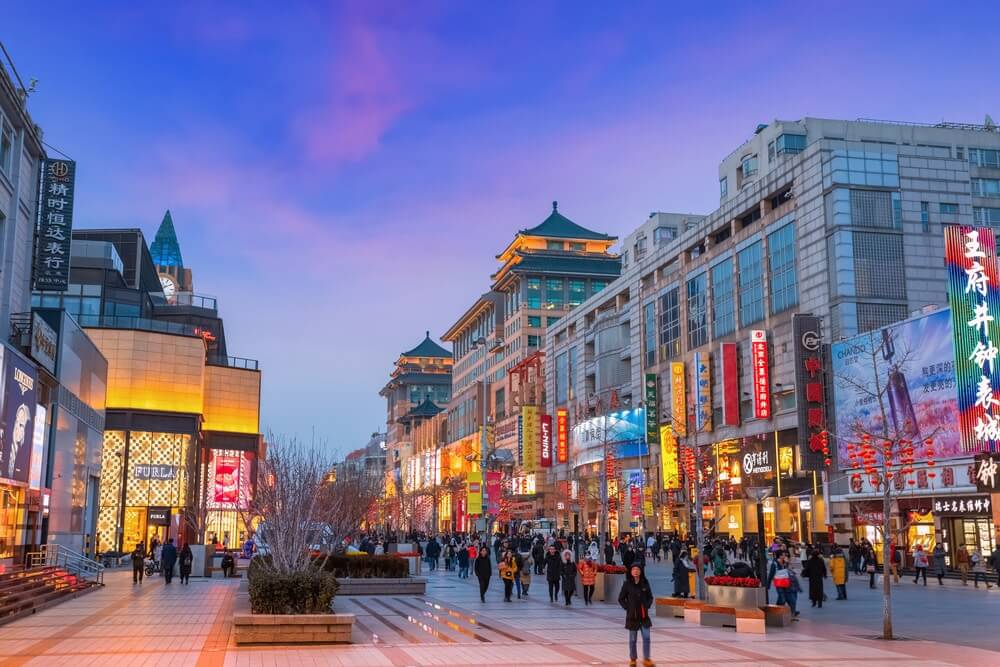
Beijing to Establish Global Standards on Data Security
The growing number of bans on Chinese technology companies had placed Beijing on crossroads in the past months. Finally, the country will now advance towards adopting global standards on data security.
The new program is said to promote multilateralism. There came at a time when its trade-war counterpart, the United States, came with a movement called “Clean Network.”
The US-backed movement announced just last month that it aims to purge “untrusted” Chinese apps.
The Sino companies listed on what is termed as “Entity List,” believed to be feeding American users’ private information to the Communist Party of China.
Although unproven, the Trump administration let out successive backlash on technology news targeting China’s leading apps.
In recent months, the US plans to issue a ban on TikTok and WeChat. And they warned that the purge does not end there.
Similarly, overseas chipmakers that use American technology faced restrictions from selling to Huawei unless under the jurisdiction of a “special license.”
Analysts suggest that the modern technology smartphone maker could not obtain needed semiconductors. Thus, it has only a year’s worth of stockpile to keep the business afloat.
Huawei has so far lost its leading chip provider, the Taiwan Semiconductor Manufacturing Company.
Its alternative, the China-based SMIC, is currently under consideration of being included on the entity list due to similar “concerns” on data security due to its “alleged” ties with China’s government.
After the speculations circulated, SMIC’s market value instantaneously dropped by 23% in the Hong Kong stock exchange.
Huawei, so far, is China’s most significant phone and network manufacturer.
However, should the ban continue, this could drastically diminish the smartphone maker’s market value by 2021.

Is Multilateralism the Ultimate Solution?
China’s answer to the successive bans on its technology companies comes with a hedging and accommodation tactic.
It made a sharp, indirect comment to the United States’ preference towards unilateralism. China said that the former’s move is direct bullying and should be opposed and rejected.
It acknowledged the importance of fostering multilateral relations when global purging on technology firms is happening.
China’s new initiative calls out modern technology companies to go against the backdoor entry of perpetrators who encourages activities using their products and services, which could endanger data security.
The world’s second-largest economy’s State Councilor Wang Yi, added that movers in the industry should respect the sovereignty, jurisdiction, and data management rights of individual countries.
Similarly, he discouraged tech firms from participating in any shady business.
This involves surveillance of other countries, including illegally acquiring information of overseas users through the use of information technology.
Although in juxtaposition, China, under its program called “Great Firewall,” restricts its citizens’ access to American social media platforms, namely Facebook, Twitter, and Alphabet.
The incumbent administration has so far aimed at Chinese industry frontrunners. So far, among the elite group in the list include Huawei Technologies, Tencent Holdings’ WeChat, and the popular video-sharing app TikTok.
TikTok’s US operation is currently in talks for sale with industry leaders aiming for the prize. So far, Microsoft partnered with Oracle to secure to coveted spot.




